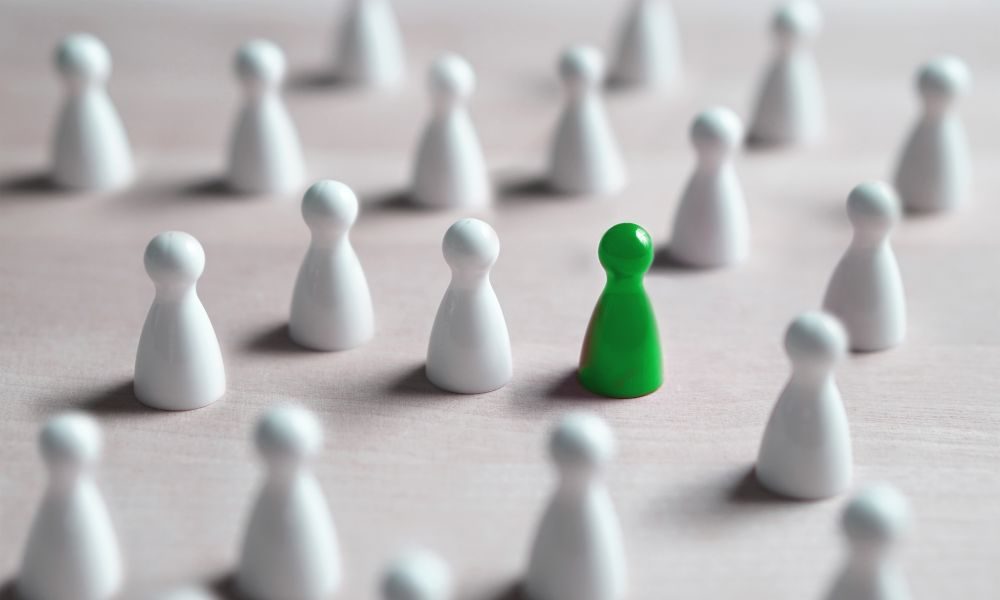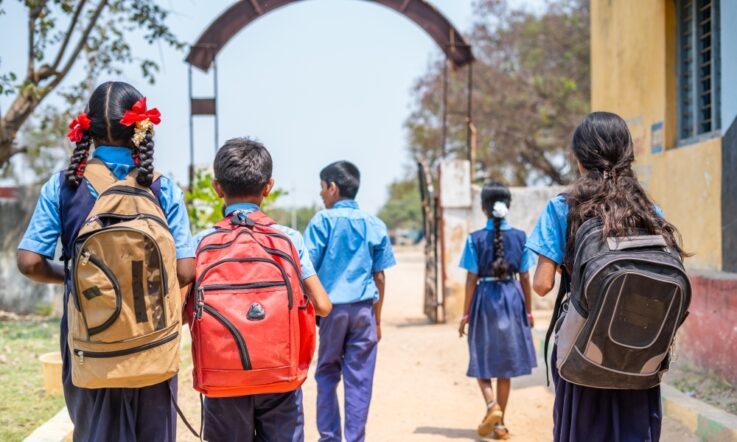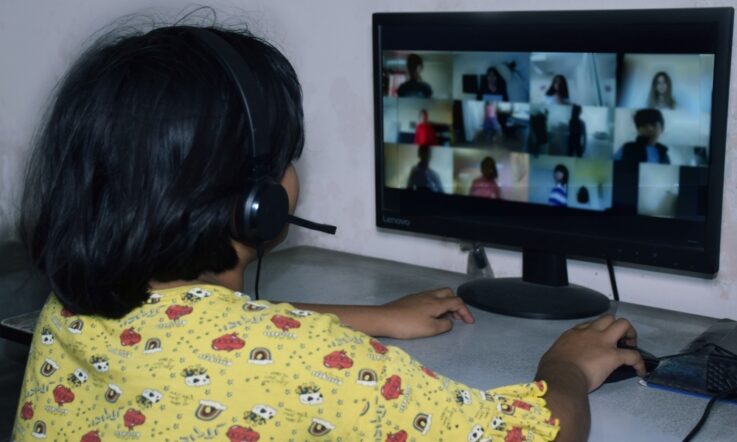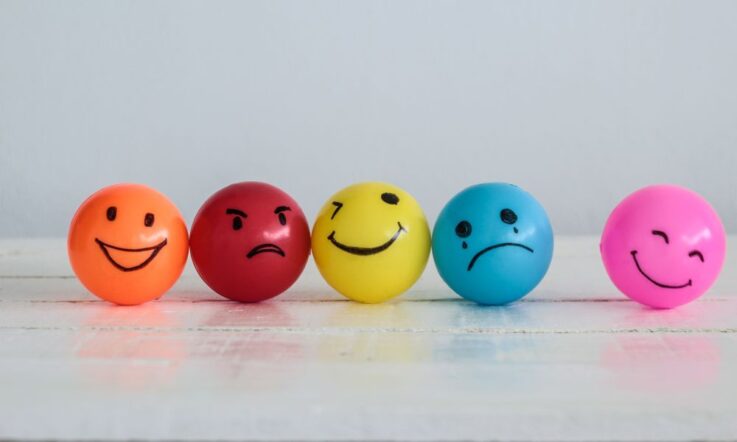Our latest reader submission comes from Dr Neha Sharma, Principal of G D Goenka Public School Ghaziabad. In 2019 Dr Sharma initiated and launched a project called YANA – which stands for You Are Not Alone – to provide 24/7 emotional support to school students. Here, she explains the thinking behind the creation of YANA, and the how the model works.
‘Ma’am, I want to speak to you, it is urgent’ said my school counsellor. I could sense the panic in her voice. ‘Sure, tell me’ I said, keeping my voice as calm as possible without giving her a hint that her anxiety has also made me anxious. ‘Ma’am, *Sarhana came to me for her regular session today and she was looking totally shaken up. When I tried to understand her concerns, she said she is getting suicidal thoughts, and her OCD (obsessive compulsive disorder) has become aggravated in the past few days. She also told me that she discussed with her parents about the same and requested them to get a therapist’s appointment. But they did not take it seriously and she is now finding it difficult to handle alone.’ She gasped for a moment and said, ‘Ma’am, you will have to speak to the parents, she really needs help.’
I intervened and interacted with the parents. They were non-receptive in the beginning and tried to convince me that theirs is a happy upper middle-class family. They have all the luxuries at their disposal. Though as both parents were working, they admitted they are not able to spend lot of time with their only daughter; they compensate for this by providing her with all that she desires or demands. They were surprised: How can their daughter be mentally unwell? How can she even think of suicide? They thought her OCD was just a way to get their attention!
After a long discussion I somehow managed to make her parents understand that it’s okay not to feel okay and they will have to support their child considering that being unwell mentally and emotionally is as normal as having a fever, cold or cough, and is absolutely manageable with medicines, counselling and emotional support.
I started my career early as a teacher in a school and gradually progressed up the ladder. In 2012 I got an opportunity to join a premier education board. After contributing for almost 6 years in the government service, I resigned from my position of Deputy Secretary, to return to a school and be with children. I was sure that I had to be back in the school domain to start my second innings.
The more I interacted with students the more I realised that they face lots of challenges while growing up. The biggest challenge was of most of the times not having that person in their life who will listen to them without judging or labelling them. The children crave to share but often they are not heard, neither at home where parents have their work and social priorities, nor at school where teachers can be focused on syllabus completion.
Children are very impressionable; they need love, care and support. As the school principal, I meet and connect with hundreds of children on an everyday basis. Some are happy, some are not, some are smiling, some are brooding; they want to share their struggles, smiles and dreams but are not sure with whom. I have always been a teacher who, instead of teaching subject content, preferred making connections with children. It was always nice to be able to lend an ear to them, guide them, counsel them. I thought about how I could increase the reach to be a trusted adult who is always there. And, so, in 2019 the project YANA (You Are Not Alone) was born.
I initiated the project and launched it on October 10, World Mental Health Day. The idea of YANA is to provide students with emotional support 24/7, whenever they needed a trusted adult, a champion to stand by them, stand with them and stand for them.
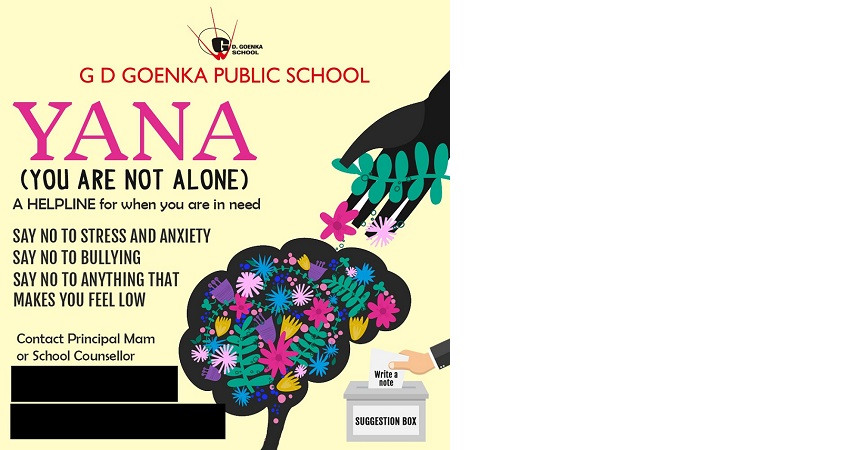
[Image: Supplied]
There is a dedicated email id and WhatsApp number through which any child can contact the school counsellor or me 24/7. They can report to us any of the issues faced by them, share their concerns and also get their queries answered. Initially, there were just a couple of letters – now, as the bond has strengthened, the frequency has increased. The mail and messages are not just issues, the YANA box also get suggestions and demands. Messages can be about reporting of an incidence of bullying, sharing issues faced at home, non-supportive behaviour of a peer or a teacher, and also suggestions for the school lunch menu, demand for an extra sports period and even an outstation trip!
My promise to the children is that I will provide them with an unbiased solution without being judgemental. In my school, this has helped me to create an environment of safety and security, an environment when it is not taboo or unusual to talk about mental health issues. This whole system has overall improved the environment of the school and the discipline marker of respect and responsibility have visibly improved.
In the early days of YANA I faced some challenges, which were due to the traditional image of a principal in the mind of any child – strict, distant and unapproachable. But I have overcome this by regularly communicating with them and by creating a cadre of peer educators who acted as a bridge between the other students and me.
YANA is a model that has already had a positive impact on hundreds of children and has the potential to impact many more. In March 2021 I shared details about YANA at the 14th United Nations Congress on Crime Prevention and Criminal Justice, Kyoto, Japan. I was invited as a speaker in the Ancillary Meeting ‘Education can provide a transformative journey for young people at risk’, organised by UNESCO and the UNODC.
As educators, we need to connect with children, understand them, support them without being biased or loading on them our baggage. It is our prime obligation to make the students learn to manage and handle life’s big and small challenges effectively and not succumb to the multi-directional stress in this volatile, uncertain, complex and ambiguous world. We know that the world out there is full of issues and crises. We should be preparing children to make the world a better, more liveable, place. This can happen only when a school's environment is one of trust, love, respect, compassion and empathy.
Today, more than ever, it is becoming clear that education is so much more than the ‘4 Rs’ – reading, writing, arithmetic and reasoning. Every true educator would wish for children to be resilient, passionate, ready to take risks, problem-solve and think critically, look at things differently, work independently and with others, care and want to give back to their community, persevere, have integrity, self-respect, and enjoy their life and work.
The fundamental goals of education today are to equip a child with the life skills essential to meet the challenges of everyday life. I feel confident that I am able to provide in my school an environment that is conducive to growth and development. It is a happy school that puts children first. Don’t we need every school to be like this?
*name changed
What more can be done in your own school to create a safe and supportive environment? Are there any topics, such as mental health, that are still considered ‘taboo’? How often do you ask students about the issues they are facing?
